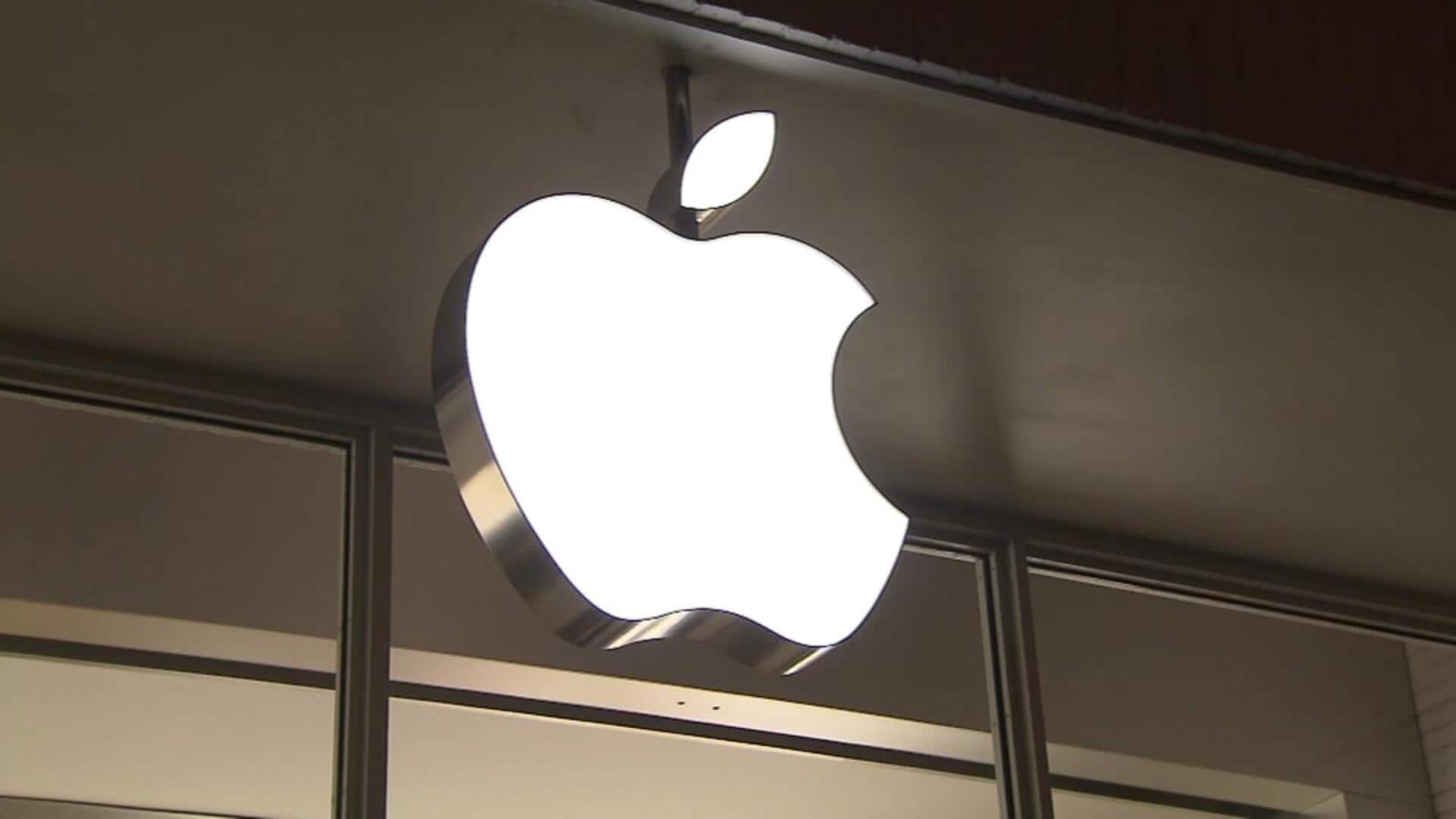How Apple's lock-in problem led to antitrust lawsuit by DOJ
What's the story
Apple products yield the best experience when you stick with an iPhone. This is precisely why Apple has found itself under scrutiny from the US Department of Justice.
On March 21, the DOJ launched an antitrust lawsuit against the tech giant, alleging that it monopolized the smartphone industry to maintain the dominance of its iPhone.
There are also allegations that the company excessively restricted messaging, smartwatch functionality, and digital wallet usage to its proprietary products, deliberately stifling competition.
Scenario
Apple retains users within its ecosystem
For most consumers, the latest revelation isn't surprising.
The distinctions between blue and green bubbles and the inability to pair an Apple Watch with an Android phone have been evident for years.
However, the DOJ asserts that these protective measures collectively create significant barriers for iPhone users looking to switch platforms, thus stifling competition to an extent that violates the law.
Take a look at all the strategies Apple uses to keep the users in its ecosystem.
Major cause
iMessage: The crux of DOJ's case against Apple
The DOJ's lawsuit primarily focuses on Apple's messaging platform, iMessage.
The department argues that the inferior texting experience between iOS and Android users creates social pressure to remain with the iPhone.
This is especially true among US teenagers, with 85% using iPhones.
The DOJ criticizes Apple for restricting third-party messaging apps like WhatsApp, Signal, and Facebook Messenger compared to iMessage.
Despite Apple's recent commitment to support RCS for improved cross-platform messaging, the DOJ remains unconvinced.
Wearable strategy
DOJ questions Apple's smartwatch strategy
The DOJ has also criticized Apple's tactic of leveraging the Apple Watch to maintain loyalty to iPhones.
Currently, owning an iPhone is a prerequisite for using an Apple Watch.
Apple also restricts third-party smartwatches from offering the full range of features available on an Apple Watch.
It highlights that third-party smartwatches lack certain features exclusive to the Apple Watch, such as quick text replies and accepting calendar invites.
Bluetooth issues
Bluetooth connectivity also contributes to the case
Another concern arises with Bluetooth connectivity. Unlike the Apple Watch, which retains connectivity even if a user accidentally toggles off Bluetooth on their iPhone, third-party watches lack this capability.
Similar to third-party messaging apps, users are required to navigate through separate permissions to activate background app refresh and deactivate low power mode for a more reliable and consistent Bluetooth connection.
Consequently, this affects passive updates such as exercise or weather tracking.
Cellular connectivity
Apple imposes cellular connectivity limitation
Cellular connectivity also serves as a limitation imposed by Apple on third-party watches.
While there are no restrictions in using the same number for both your Apple Watch and iPhone, integrating a third-party cellular watch necessitates disabling iMessage on the iPhone.
Given the reluctance of most iPhone users to undertake this action, opting for a third-party watch implies utilizing two distinct numbers for your watch and iPhone.
Payment concerns
Scrutiny over Apple's dominance in digital wallets
DOJ has scrutinized Apple's control over digital wallets.
The department alleges that Apple blocks financial institutions from accessing NFC hardware within the iPhone, thereby restricting their ability to offer tap-to-pay capabilities.
According to the DOJ, this action funnels iPhone users toward using Apple Pay and Apple Wallet, further solidifying the company's monopoly in the payments market.
Apple's response
How Apple has reacted to DOJ's antitrust allegations
Apple has reacted strongly to the DOJ's antitrust lawsuit.
"This lawsuit threatens who we are and the principles that set Apple products apart in fiercely competitive markets," stated Apple spokesperson Fred Sainz.
The company also cautioned that the legal dispute establishes "a dangerous precedent, empowering government to take a heavy hand in designing people's technology."
